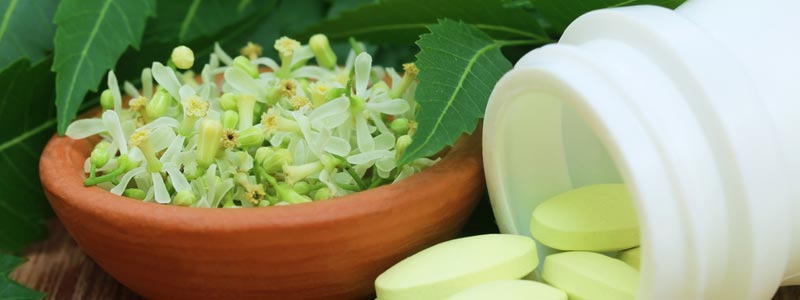
India’s Ayurveda exports need a strong government push
Satyapal Menon | The Dollar Business
 There is a need for concerted efforts to make Ayurvedic products accepted as medicines worldwide
There is a need for concerted efforts to make Ayurvedic products accepted as medicines worldwideJust mention Ayurveda and the response is mostly a sense of skepticism and ridicule. This pre-conceived mindset has been inculcated over centuries, through ignorance and neglect of a system of medicine that had proved its curative values eons before the dawn of modern medicine. Unfortunately, despite its intrinsic efficacy and potency, Ayurveda products are yet to get global recognition as a medication for various ailments. The reasons for Ayurveda not being accorded the priority it deserves ironically emanates from the country of its origin - India. Efforts by institutions and government departments to promote Ayurvedic products, though sustained, have lacked substantive and concrete evidence to convince the world about the curative values of the medicines. The global point of view is reflected in “Ayurvedic medicines” being categorised as “dietary supplements” by the United States Food and Drug Administration (USFDA). Even to be considered as a dietary supplement, the product has go through stringent scrutiny by the United States authorities. One of the major reasons for the “low trust factor” is the dumping of products with claims of being the panacea for problems ranging from erectile dysfunction to cancer to well! You name it and they claim it! Perhaps to escape regulatory net, many such companies have taken to the online platform to market their products. But, this has backfired and the practice has not escaped the attention of the USFDA which in some instances has issued warnings to companies marketing these products. Apart from this affliction that has affected the credibility and true value of Ayurvedic products is the absence of an effective scientific validation system and approach in terms of research, development and clinical trials to justify them as drugs and medicines. The USFDA and other regulatory bodies across the globe approves only tested and proved drugs which have gone through such processes. Even this is done by these institutions only after they are totally convinced of its medication efficacy. Can Ayurvedic medicines match up to this? As if to complement the world view, there has been no endeavours on the part of the Indian government to either rectify the “low trust factor” or enlighten the foreign regulatory institutions about the authenticity of what is often termed as “alternative medicine”.
 Source - Ministry of Commerce, India
Source - Ministry of Commerce, IndiaEven Prime Minister Narendra Modi said recently, “Even today, the exported herbal medicines are prescribed all over the world as additional food supplements due to hindrance in the laws of herbal medicines.” He blamed pharmaceutical companies for creating hurdles for Ayurveda, but clearly we must begin at home. A dedicated Central Drug Controller, as announced by the government, is a beginning. But there is a need for policy makers, scientists and pharmacologists to conceive solutions for a systematic and organised approach to identification, utilisation and regulatory issues related to herbal resources. Soil tests and well planned medicine maps must also be developed to create Ayurveda manufacturing hubs. Importantly, companies must be encouraged to substantiate claims and be subjected to scrutiny in India. Interestingly, amid categorisation of this medical as “complementary medicine and alternative medicine”, many of the ingredients in “tested and proved” allopathic medicines have herbal/plant extracts. This perhaps explains why even producers of allopathic drugs across the world are sparing no efforts to tap the knowledge base and repertoire of herbal extracts. The only difference between the allopathic and Ayurvedic drugs is that while the former is also produced from herbal extracts – a significant number of products - and goes through scientific and regulatory processes, the latter is produced and marketed without following the regulatory pathway. Is this not enough testimony and eloquence of the disregard on the part of policy makers and scientists towards Ayurvedic medicine?
This article was published on December 8, 2014.






 to success.
to success.